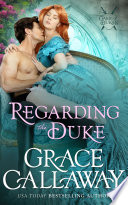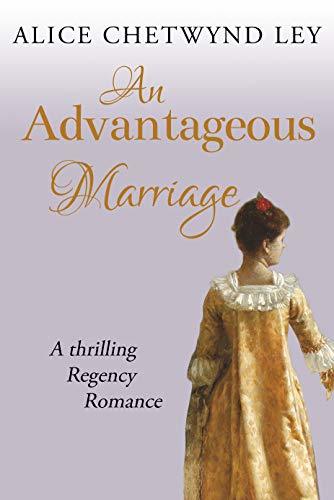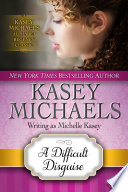A Practical Guide during a Journey from London to Paris (1803)
This excellent resource has a lot of practical information about travelling to France from the UK, including the above details on currency exchange. Not unlike today, the recommendation is generally to exchange money at ports or in the major metropolitan banks.
Shannon Selin has a nice post on currency and exchange rates, with info for the US, too, if you are interested to know the purchasing power: Currency, Exchange Rates & Costs in the 19th Century – Shannon Selin
We also have some links to tools and calculators for Regency money here.










this is a question: Falling into bed with a duke [Heath] mentions the Parrot club [1850] a place for women to meet their paramours. have contacted Heath and searched diligently but have found no further information. can you help me out, please? miriamgren